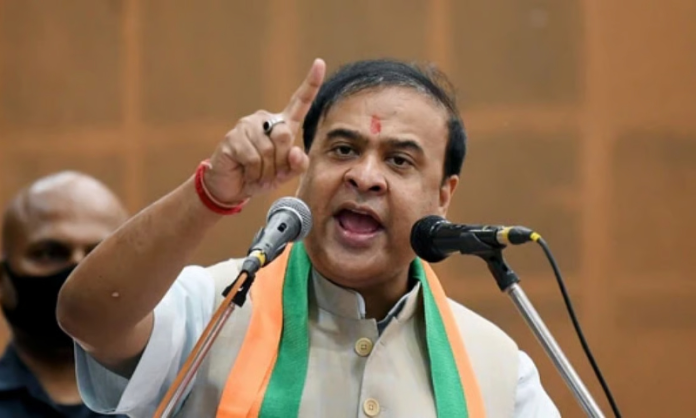GUWAHATI, June 20: Assam Chief Minister Himanta Biswa Sarma has raised alarm over a significant uptick in foreign-linked social media activity allegedly aimed at influencing political discourse in the state, particularly in support of the Assam Congress.
Addressing media on Friday, Sarma revealed that over 5,000 suspicious Facebook accounts had been activated within the past month, many pushing content he described as “radical Islamic” and not in alignment with Assam’s cultural fabric.
According to Sarma, a forensic audit of 2,092 of these profiles has already been initiated by the state government. Early findings suggest a strong foreign origin: 618 accounts were traced to Bangladesh, 236 to Pakistan, while smaller numbers were linked to countries including Palestine, Brazil, France, Egypt, and Kuwait. He alleged that the majority of these users appear to belong to “a particular community” and are promoting hardline ideological views.
“These accounts are not following national leaders like Rahul Gandhi or even the central Congress pages. Their focus is entirely on Assam, a particular Congress leader here, and on promoting the activities of the Assam Congress unit,” Sarma said. He further claimed that several accounts were also promoting international figures and causes such as Iran, Palestine, and Bangladeshi Nobel laureate Muhammad Yunus—raising suspicions about coordinated foreign ideological influence.
The Chief Minister emphasized that these profiles were not just politically oriented but were actively sharing content that promotes Islamic fundamentalism. “This is deeply concerning, especially because this type of content does not reflect the sentiments of Assam’s indigenous Muslim community,” he added.
Sarma assured that the forensic audit is ongoing and that the government is committed to uncovering the full extent of any coordinated digital interference in Assam’s political ecosystem. He hinted that more revelations could surface in the coming days, with potential implications for cybersecurity, communal harmony, and electoral integrity in the state.
The development has triggered widespread debate, with opposition parties yet to respond officially. Meanwhile, cybersecurity experts and intelligence agencies are reportedly monitoring the situation closely.

